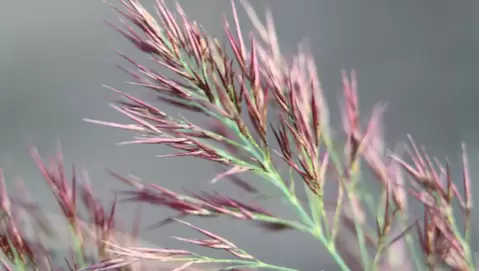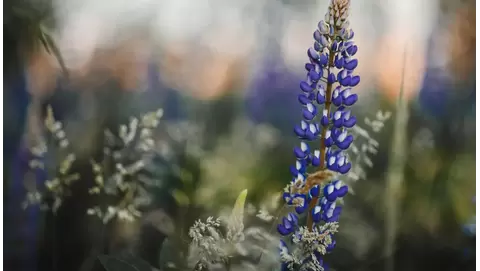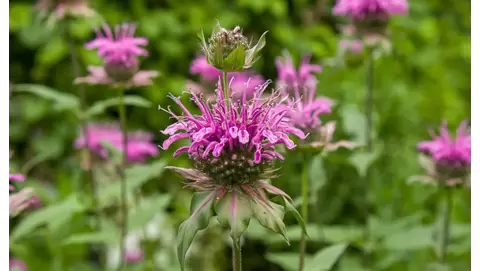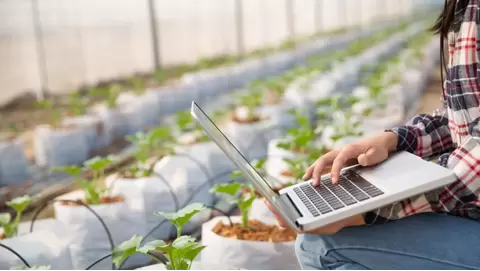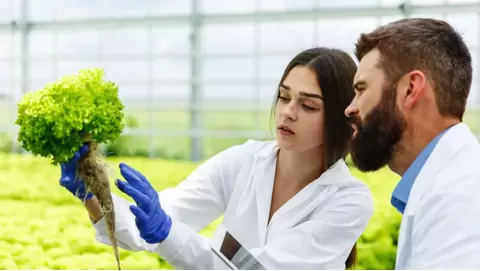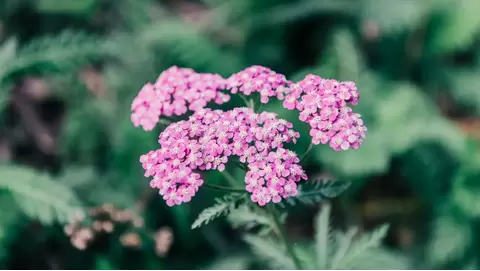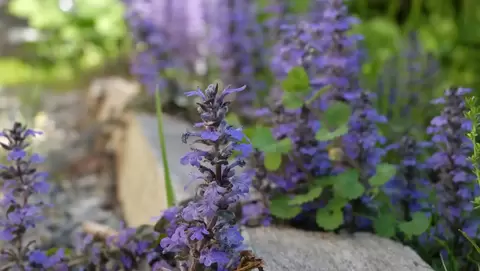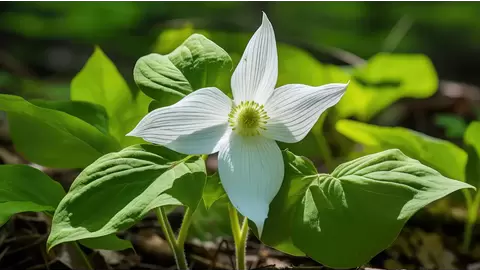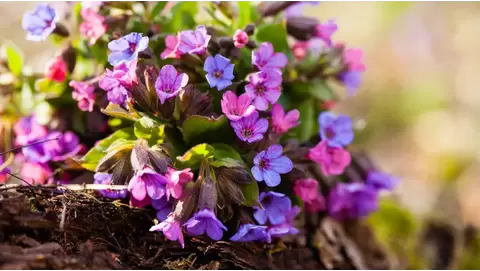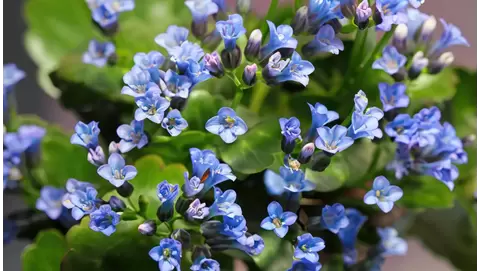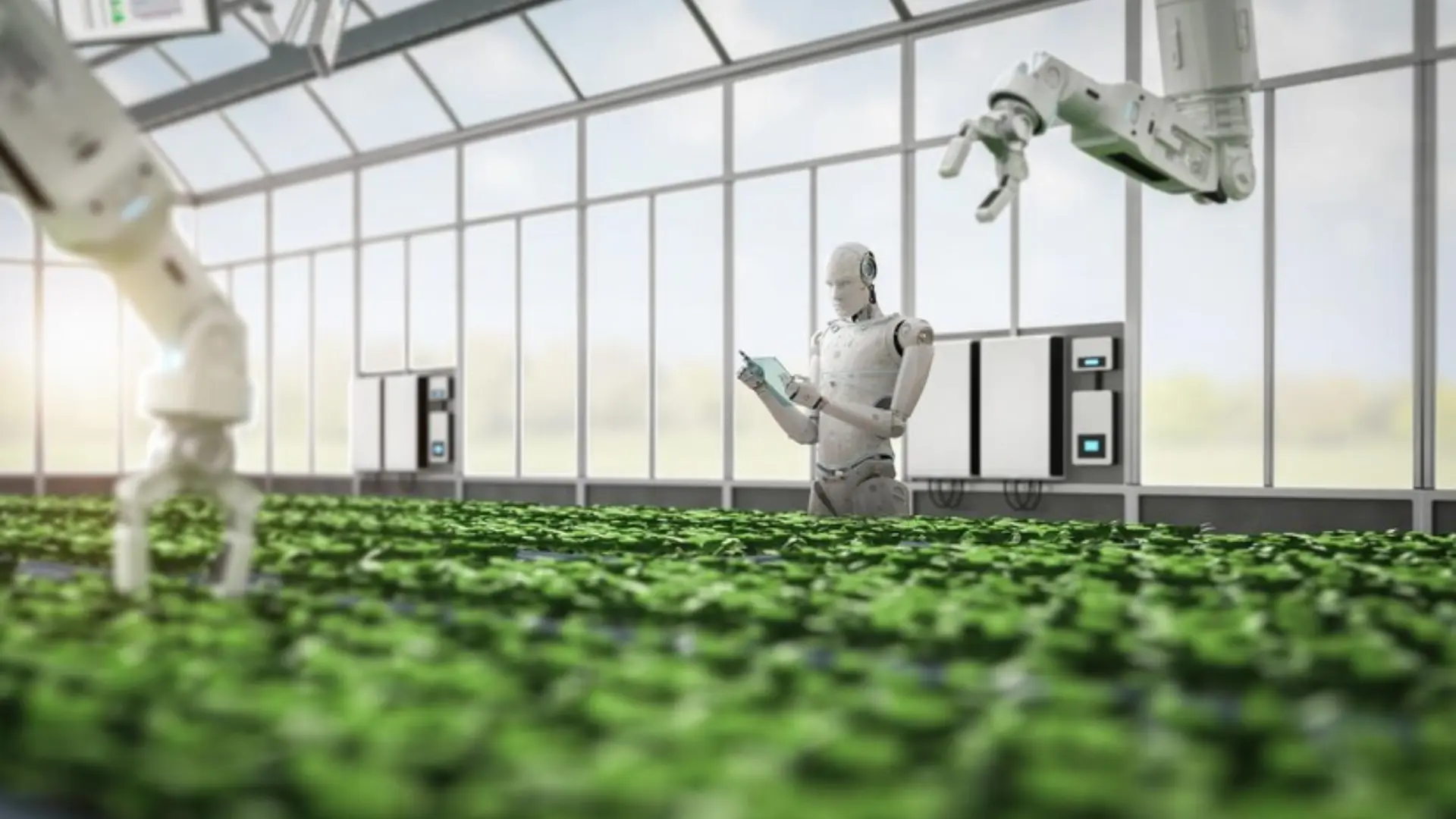
Harnessing the Power of Automation with Grow Controlled Systems
Automation has become an essential component of indoor cultivation's fast-paced evolution due to its ability to automate processes, save labor costs, and provide consistent, high-quality yields. Modern technologies that optimize energy efficiency, environmental conditions, and resource management are more important than ever to meet the growing need for precision agriculture.

An integral part of any high-performance grow operation is the capacity to produce totally sealed environments, which Grow Controlled can provide. This helps conserve energy, prevents microbiological contamination, and keeps odors confined. By combining these methods, growers can keep their plants in the best possible environment, maximize their yields, and reduce operational difficulties.
Grow Controlled: Innovating the Future of Sealed Grow Environments
In today's indoor farming, meticulously controlling environmental conditions achieves optimal plant development, excellent yields, and reduced operational risks. Grow Controlled has established itself as a leader in this industry by providing an extensive selection of items that can be used to construct airtight chambers that keep out unwanted substances while maintaining ideal conditions for plant growth. Their solutions guarantee that indoor grow facilities may function at their best by controlling odors, isolating lights, and improving microbiological protection.
Growtight Doors
Growtight Doors is one of the most innovative products Grow Controlled offers. These doors provide a one-of-a-kind set of benefits that help farmers with things like odor control, reducing microbial load, and conserving carbon dioxide. The Growtight technology establishes an airtight seal with either a hinged or sliding door, allowing operators to maintain vital CO2 levels and eliminate vapor drive in humid conditions. In addition to fostering robust plant development, this mitigates the danger of contamination under delicate growing conditions.
Passtight Doors
In the same way, their Passtight Doors are perfect for situations where regular commercial doors can't enclose a room. With the same excellent characteristics as Growtight and the added versatility to suit different facility settings, Passtight doors are available in single or dual configurations. Growers may save time and money by installing them quickly, and they are perfect for high-humidity areas thanks to their insulated design and corrosion-proof construction.
Grow Controlled offers a wide range of products, including doors, air filtration systems, CO2 analyzers, and sophisticated room controllers like the Cinque Room Controller. These instruments work together to give farmers complete control systems over their growth conditions, including air quality, temperature, humidity, and light intensity. Whether in charge of a little indoor garden or a massive commercial facility, Grow Controlled has innovative solutions that will help you achieve excellent yields every time with minimal effort.
The Rise of Automation in Modern Cultivation
Once labor-intensive and reliant on human hands, automation has revolutionized contemporary farming. Integrating innovative technology has allowed producers to remotely monitor and control critical components of their growing environment. With the help of automated systems, plants, as well as cannabis plants, are guaranteed to receive optimal conditions at all times, regardless of the weather or humidity. This not only improves efficiency but also decreases the likelihood of human error.

Cultivation becomes more sustainable and scalable with this change, which maximizes yields while saving time. So, automation is rapidly replacing humans as the workhorse of modern growing operations. This frees producers to concentrate on improving their techniques rather than micromanaging the process. The integration of automation in manufacturing processes also streamlines operations, reduces labor costs, and enhances overall product quality, making it essential for modern production environments.
Solutions for Odor and Air Filtration for More Sanitized Growing Environments
Keeping a clean, contaminant-free growth environment requires adequate odor and air filtering. Odor control is a common problem in grow rooms, which can cause complaints and issues with regulations. Even more crucially, mold, mildew, and other dangerous microbes can flourish in environments with low air quality. Sophisticated filtration systems, like air pollution scrubbers and inline carbon filters, keep odors at bay while removing pollutants. The quality of a grower's harvest is strongly related to the air quality in which their plants are grown. This can be achieved by lowering microbial loads and enhancing ventilation.
The Importance of CO2 Management for Plant Well-being
Carbon dioxide (CO2) affects photosynthesis and the general well-being of plants, making it an essential component for plant growth. Growers can increase yields and plant growth rates by controlling CO2 levels. While CO2 enrichment is a common way to improve growing conditions in enclosed grow rooms, it's essential to keep the levels of this gas under control to avoid poor growth or even plant damage. To ensure plants get the most out of CO2 without wasting any, automated CO2 management systems keep an eye on the ideal equilibrium. Thus, CO2 control is an essential component of contemporary farming techniques, as it improves growth while conserving resources.

Energy Efficiency and Cost Savings
Producers need Energy efficiency to lower operational expenses without sacrificing plant quality. To do this, automated systems are vital since they maximize the utilization of available resources. For example, intelligent lighting systems may detect when plants require more or less light and adapt the settings accordingly, preventing unnecessary energy loss. Similarly, automated HVAC systems use energy only when needed to regulate humidity and temperature more precisely. Growers may save a ton of money without sacrificing performance by automating these operations, drastically reducing energy consumption.
Automation for Large-Scale Facilities
Handling environmental controls and resource allocation manually is complex and error-prone for large-scale production facilities. One answer is automation system, which enables nutrient delivery systems, lighting, irrigation, and climate control to be centralized.
Automated solutions for large-scale operations are great for decreasing human monitoring and increasing efficiency because they guarantee consistency across huge areas. With effective scalability, massive facilities can grow hundreds or thousands of plants in controlled environments, increasing output without adding more workers.
Grow room automation tools not only enhance efficiency in cultivation but also ensure consistent, high-quality yields by allowing growers to maintain optimal environmental conditions effortlessly. On the other hand, programmable automation allows for customizable production schedules and processes, enabling manufacturers to quickly adapt to changing demands while maintaining efficiency and precision in their operations.
Integrated Automation for Streamlined Production
In modern cultivation, integrated automation systems have revolutionized production by seamlessly connecting various grow room components. These systems synchronize lighting, irrigation, temperature control, and nutrient delivery into a unified platform, enabling growers to monitor and adjust parameters in real time.
Using industrial automation systems, facilities can streamline operations, reduce labor costs, and improve overall efficiency. This level of integration enhances plant health and growth and ensures consistent yields across large-scale operations. Integrated automation allows growers to precisely manage their environment, offering a more sustainable and productive cultivation process.
Future of Automation in Cultivation
Technological developments in automation are becoming increasingly entangled with the future of agriculture. More natural systems that can learn and adjust to plants' unique requirements in real-time are on the horizon as technology advances. With the use of artificial intelligence (AI) and machine learning systems will be able to optimize the growth environment in every way by anticipating and avoiding problems before they even start.

Growers will be able to push the boundaries of efficiency, productivity, and sustainability in cultivation with the next generation of automation technologies, which include fully integrated environmental controls and automated pest identification. The cannabis industry also is rapidly evolving, leveraging advanced technologies and automation to optimize cultivation processes, enhance product quality, and improve operational efficiency.
The Bottom Line
Automation is important in the ever-developing world of indoor farming. It allows producers to improve their operations with simplicity and precision. Grow-controlled systems are a good example of this shift because of the creative solutions it offers for building completely sealed environments, improving energy efficiency, and streamlining production process. Thanks to their modern Growtight and Passtight doors and sophisticated environmental controllers, growers are able to keep conditions just right and get reliable, high-quality harvests every time.
Growers' adoption of automation can result in reduced labor costs, increased scalability, and resource conservation. As these technologies develop further, they will provide a long-term solution for farmers who want to maximize yields while still satisfying the needs of contemporary farming. Growers will benefit from greater control, efficiency, and creativity as automation technologies advance, opening the door for the success of farming in the future generation.
Disclaimer: This material is for informational purposes only and should not be relied on for legal, medical, financial, or any other form of professional advice.




